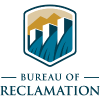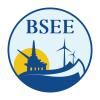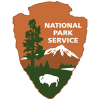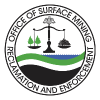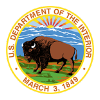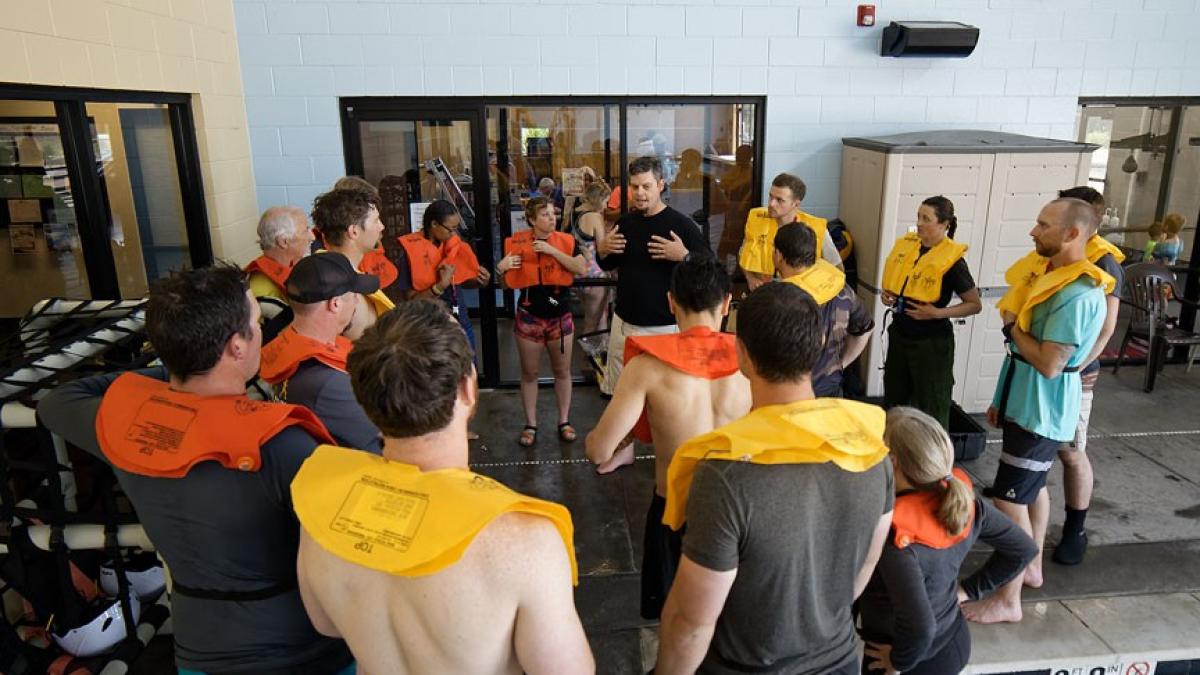
Training Specialist
GS-1712
Position Overview
Training Instructors apply principles and techniques of education and training to facilitate, develop, and support engaging and interactive training programs or courses for a wide variety of audiences.
This position is represented at the following bureaus
Candidate Description
The ideal candidate possesses a practical knowledge of the relevant subject matter area being taught as well as a practical knowledge of the methods and techniques of instruction.
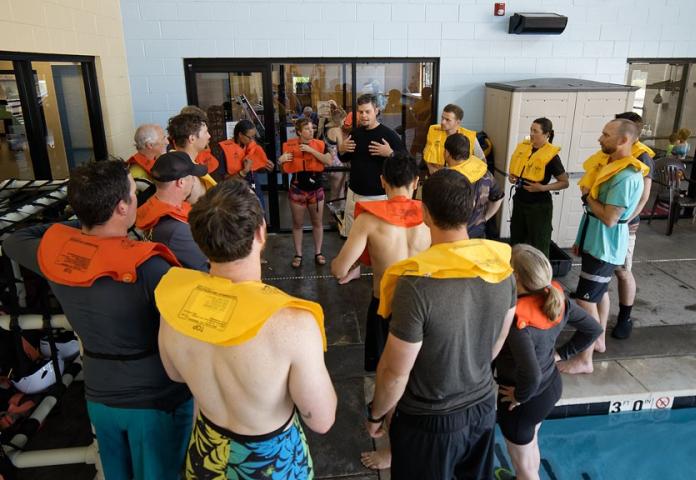
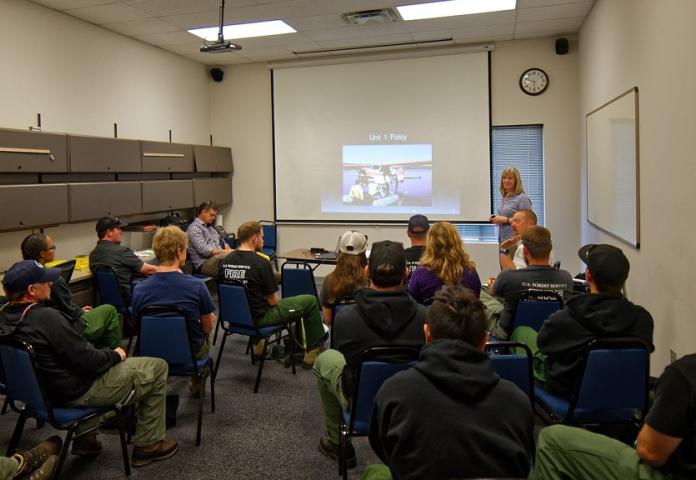
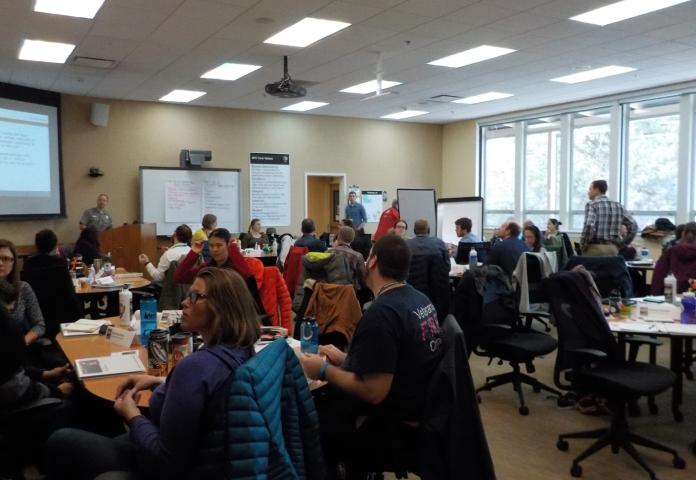
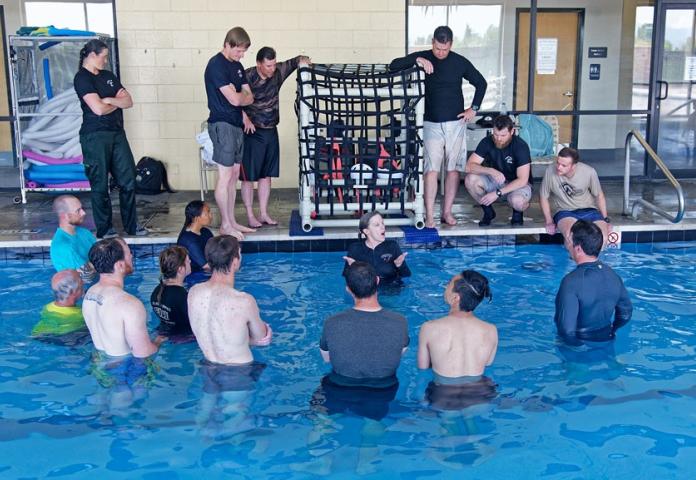
Work Environment
Work is performed indoors in a classroom or laboratory setting.
Minimum Education Requirements
Please see the Individual Occupation Requirements and the Professional and Scientific Positions Group Qualification Standard on the OPM websites.
Career Level Requirements
Responsibilities by Level
Entry:
- Serves as assistant instructor under the guidance of a senior instructor
- Conducts training sessions that cover well-established, factual topics under detailed guidelines.
Mid:
- Presents short, repetitive courses or course units that are highly structured.
- Serves as a point-of-contact on training courses.
- Assists higher graded specialists with the development or review of training/course materials, aids, devices, etc.
- Locates and schedules appropriate classroom space and equipment.
- Teaches or instructs in an adult education program, secondary school, college, military installation, or industrial establishment in the appropriate field.
Journey:
- Develops complete, full-length courses; reviews and evaluates audiovisual aids of substantial scope, that are often in untried form, and assesses the adequacy of the product, need for revision and develops recommendations for improvement.
- Reviews and evaluates audiovisual aids that most effectively and efficiently enhance training; develops or revises objective tests; evaluates training results.
- Develops portions of training/course materials, aids, devices, etc.
Senior:
- Plans and constructs validity and reliability studies to analyze test items prepared by instructors and develops recommendations for revising test items to improve clarity, adequacy, and increase reliability.
- Instructs courses that cover advanced technical systems or subject-matter areas comparable to the upper-division undergraduate level.
Strengths by Level
Entry
5
Mid
7
Journey
9-11
Senior
12-15
-
Attention to DetailIs thorough when performing work and conscientious about attending to detail.Show Tool TipEntry 5Mid 7Journey 9-11Senior 12-15
-
Attention to Detail - 2Considers all aspects involved in accomplishing a task, no matter how minute. Precisely follows procedures to ensure each element of a task is accurately completed.Show Tool TipEntry 5Mid 7Journey 9-11Senior 12-15
-
Computer SkillsUses computers, software applications, databases, and automated systems to accomplish work.Show Tool TipEntry 5Mid 7Journey 9-11Senior 12-15
-
Continual LearningAssesses and recognizes own strengths and weaknesses; pursues self-development.Show Tool TipEntry 5Mid 7Journey 9-11Senior 12-15
-
Creative ThinkingUses imagination to develop new insights into situations and applies innovative solutions to problems; designs new methods where established methods and procedures are inapplicable or are unavailable.Show Tool TipEntry 5Mid 7Journey 9-11Senior 12-15
-
Customer ServiceWorks with clients and customers (that is, any individuals who use or receive the services or products that your work unit produces, including the general public, individuals who work in the agency, other agencies, or organizations outside the Government) to assess their needs, provide information or assistance, resolve their problems, or satisfy their expectations; knows about available products and services; is committed to providing quality products and services.Show Tool TipEntry 5Mid 7Journey 9-11Senior 12-15
-
Decision MakingMakes sound, well-informed, and objective decisions; perceives the impact and implications of decisions; commits to action, even in uncertain situations, to accomplish organizational goals; causes change.Show Tool TipEntry 5Mid 7Journey 9-11Senior 12-15
-
Developing OthersDevelops the ability of others to perform and contribute to the organization by providing ongoing feedback and by providing opportunities to learn through formal and informal methods.Show Tool TipEntry 5Mid 7Journey 9-11Senior 12-15
-
Education and TrainingKnowledge of teaching, training, research, making presentations, lecturing, testing, and other instructional methods.Show Tool TipEntry 5Mid 7Journey 9-11Senior 12-15
-
FacilitationKnowledge of the concepts, principles, theories, and techniques of facilitation used to lead meetings, workshops, and other collaborative exercises; able to lead diverse groups to find consensus in shared interests and objectives.Show Tool TipEntry 5Mid 7Journey 9-11Senior 12-15
-
Influencing/NegotiatingPersuades others to accept recommendations, cooperate, or change their behavior; works with others towards an agreement; negotiates to find mutually acceptable solutions.Show Tool TipEntry 5Mid 7Journey 9-11Senior 12-15
-
Information ManagementIdentifies a need for and knows where or how to gather information; organizes and maintains information or information management systems.Show Tool TipEntry 5Mid 7Journey 9-11Senior 12-15
-
LearningUses efficient learning techniques to acquire and apply new knowledge and skills; uses training, feedback, or other opportunities for self-learning and development.Show Tool TipEntry 5Mid 7Journey 9-11Senior 12-15
-
ListeningReceives, attends to, interprets, and responds to verbal messages and other cues such as body language in ways that are appropriate to listeners and situations.Show Tool TipEntry 5Mid 7Journey 9-11Senior 12-15
-
Mathematical ReasoningSolves practical problems by choosing appropriately from a variety of mathematical and statistical techniques.Show Tool TipEntry 5Mid 7Journey 9-11Senior 12-15
-
Multimedia TechnologiesKnowledge of the principles, methods, tools, and techniques to develop or apply technology using text, audio, graphics, or other media.Show Tool TipEntry 5Mid 7Journey 9-11Senior 12-15
-
Oral CommunicationExpresses information (for example, ideas or facts) to individuals or groups effectively, taking into account the audience and nature of the information (for example, technical, sensitive, controversial); makes clear and convincing oral presentations; listens to others, attends to nonverbal cues, and responds appropriately.Show Tool TipEntry 5Mid 7Journey 9-11Senior 12-15
-
OrganizationSystematically employs a standard system of organization in work processes and related resources and an overall concern for integrating all aspects of the task, situation, and/or work-related problem as a means of achieving optimal efficiency and effectiveness in performing job-related duties/responsibilities.Show Tool TipEntry 5Mid 7Journey 9-11Senior 12-15
-
Planning and EvaluatingOrganizes work, sets priorities, and determines resource requirements; determines short- or long-term goals and strategies to achieve them; coordinates with other organizations or parts of the organization to accomplish goals; monitors progress and evaluates outcomes.Show Tool TipEntry 5Mid 7Journey 9-11Senior 12-15
-
ReadingUnderstands and interprets written material, including technical material, rules, regulations, instructions, reports, charts, graphs, or tables; applies what is learned from written material to specific situations.Show Tool TipEntry 5Mid 7Journey 9-11Senior 12-15
-
ReasoningIdentifies rules, principles, or relationships that explain facts, data, or other information; analyzes information and makes correct inferences or draws accurate conclusions.Show Tool TipEntry 5Mid 7Journey 9-11Senior 12-15
-
Schedule ManagementKnowledge of the strategies, techniques, and processes used to plan, develop, and control project schedule and track project milestones, activities, and deliverables, including timeframes and assigned resources.Show Tool TipEntry 5Mid 7Journey 9-11Senior 12-15
-
Self-ManagementSets well-defined and realistic personal goals; displays a high level of initiative, effort, and commitment towards completing assignments in a timely manner; works with minimal supervision; is motivated to achieve; demonstrates responsible behavior.Show Tool TipEntry 5Mid 7Journey 9-11Senior 12-15
-
Strategic ThinkingFormulates effective strategies consistent with the business and competitive strategy of the organization in a global economy. Examines policy issues and strategic planning with a long-term perspective. Determines objectives and sets priorities; anticipates potential threats or opportunities.Show Tool TipEntry 5Mid 7Journey 9-11Senior 12-15
-
Teaching OthersHelps others learn through formal or informal methods; identifies training needs; provides constructive feedback; coaches others on how to perform tasks; acts as a mentor.Show Tool TipEntry 5Mid 7Journey 9-11Senior 12-15
-
Written CommunicationWrites in a clear, concise, organized, and convincing manner for the intended audience.Show Tool TipEntry 5Mid 7Journey 9-11Senior 12-15
Common Pathways
Candidates who made this career change most commonly held these occupations...
Park Ranger
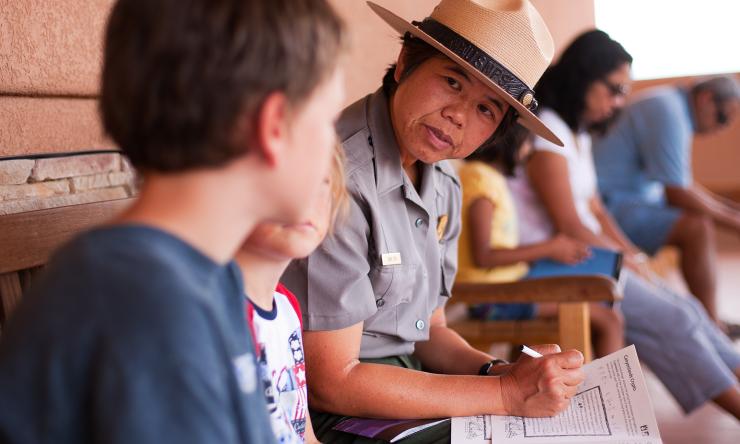
21.5%
Human Resources Management
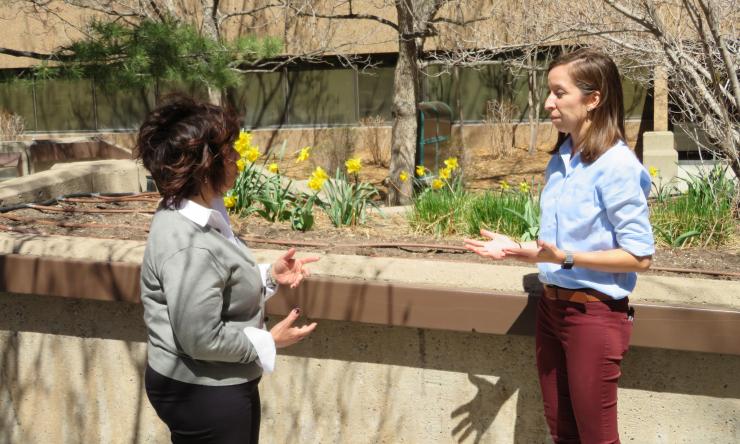
12.9%
Forestry Technician
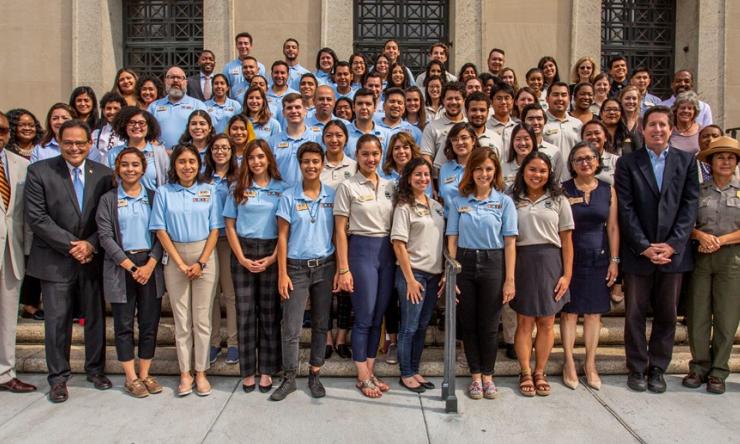
10.8%
1750 - Instructional Systems 4.3%
0243 - Apprenticeship And Training 3.2%
Less Common Pathways (<2%)
- 0023 - Outdoor Recreation Planning
- 0086 - Security Clerical And Assistance
- 0090 - Guide
- 0303 - Miscellaneous Clerk and Assistant
- 0318 - Secretary
- 1010 - Exhibits Specialist
- 1701 - General Education And Training
- 2101 - Transportation Specialist
- 2181 - Aircraft Operation



